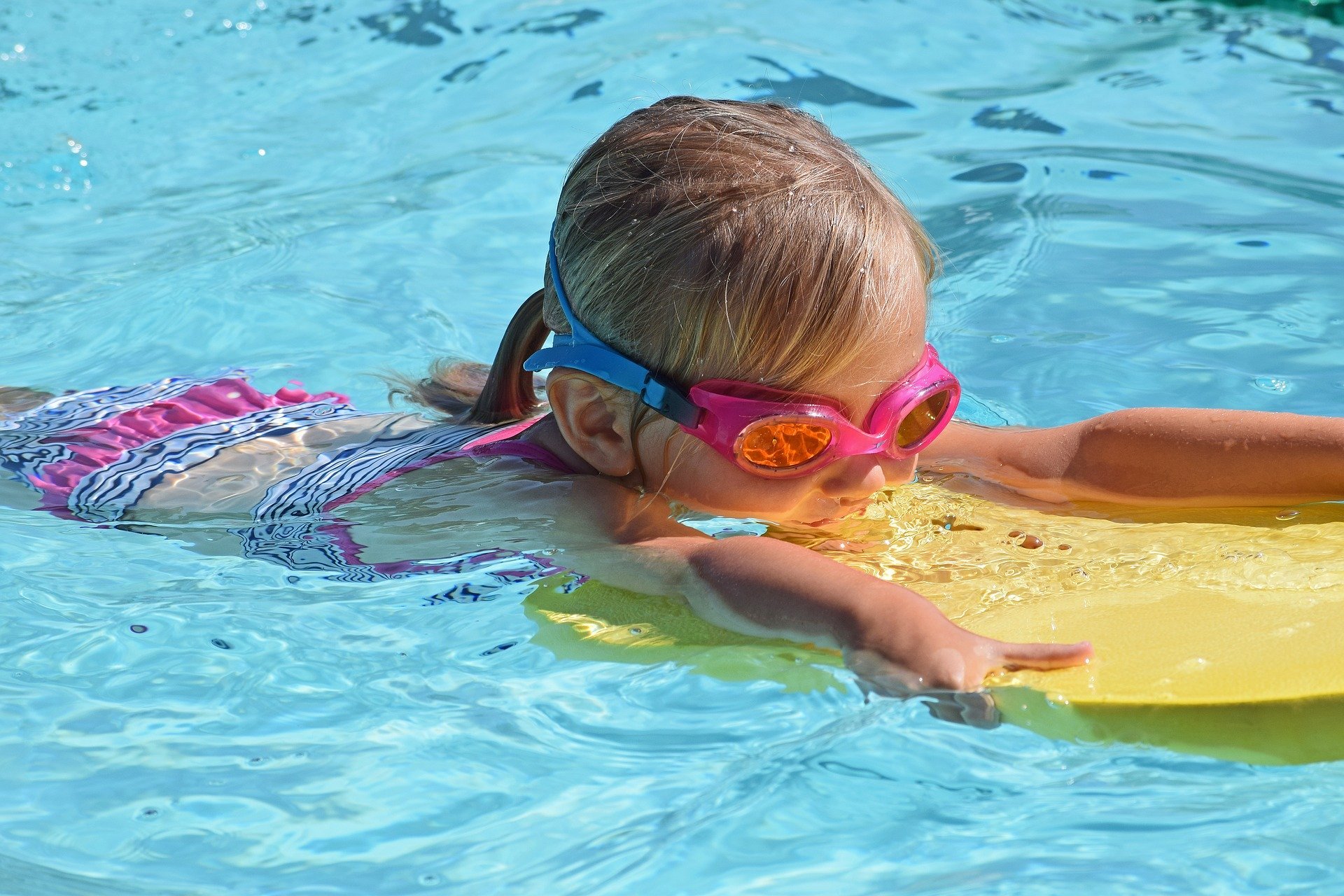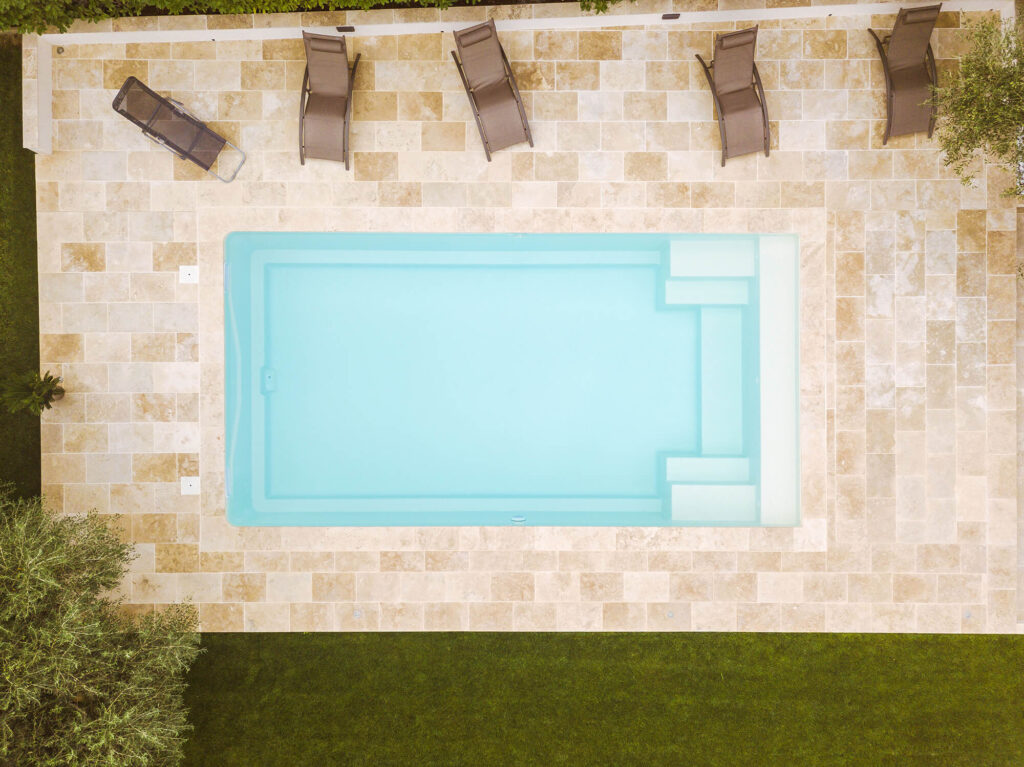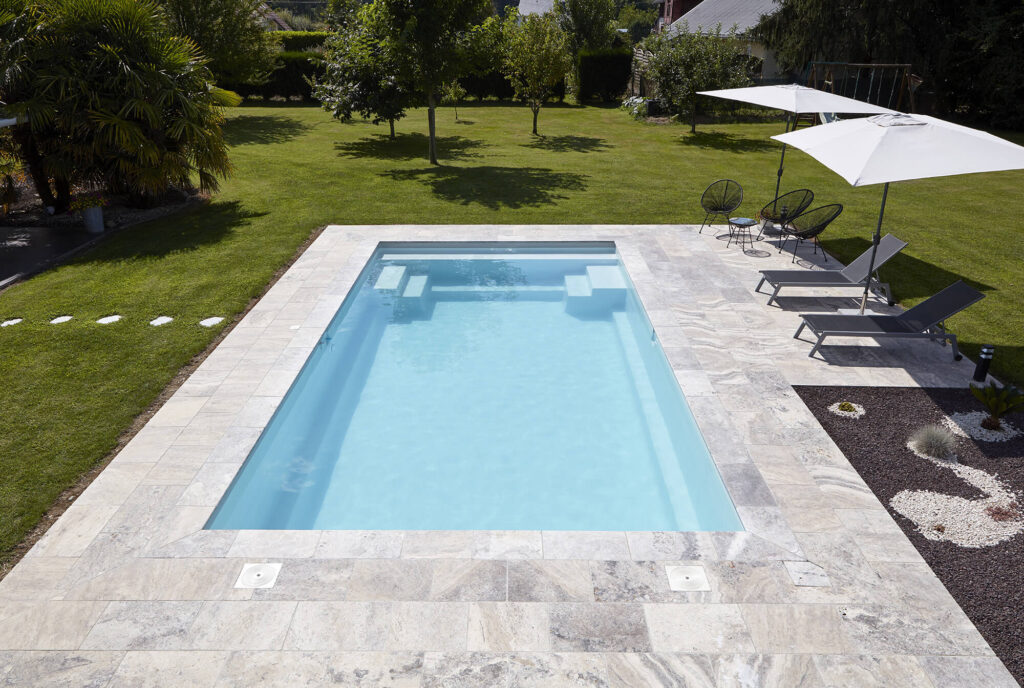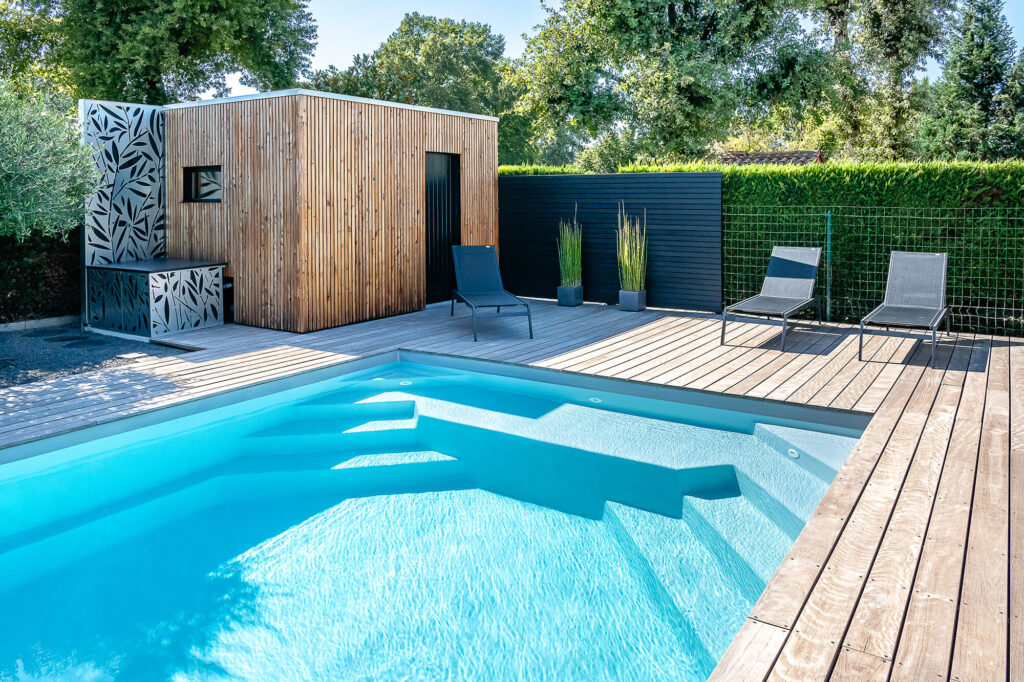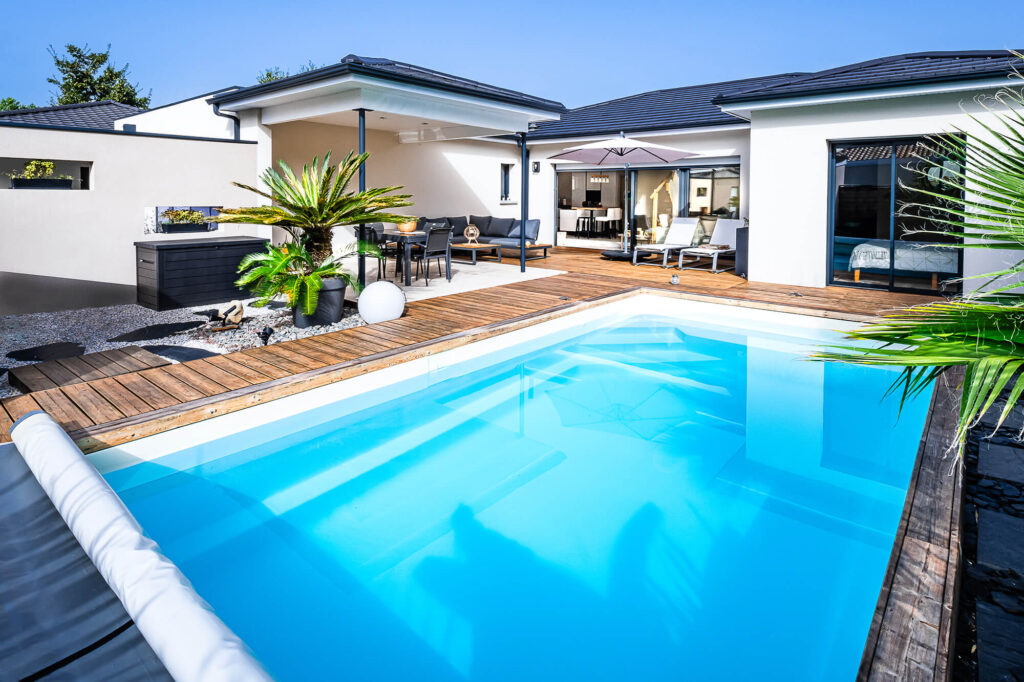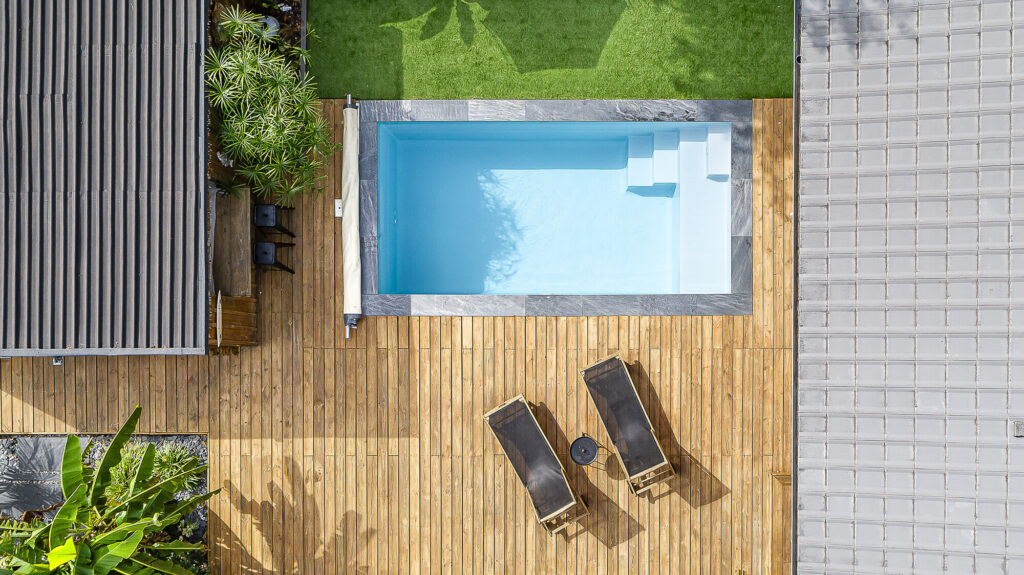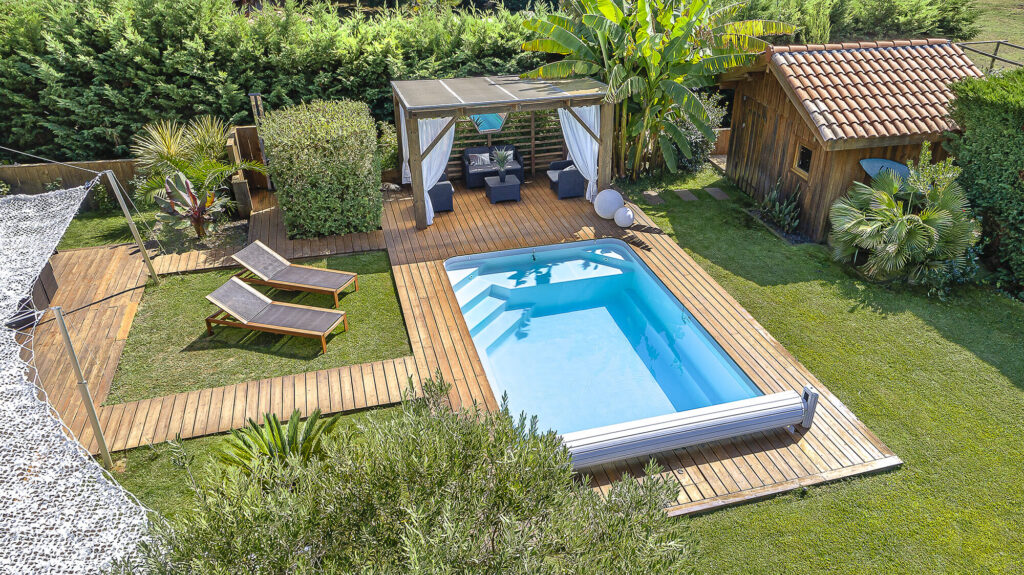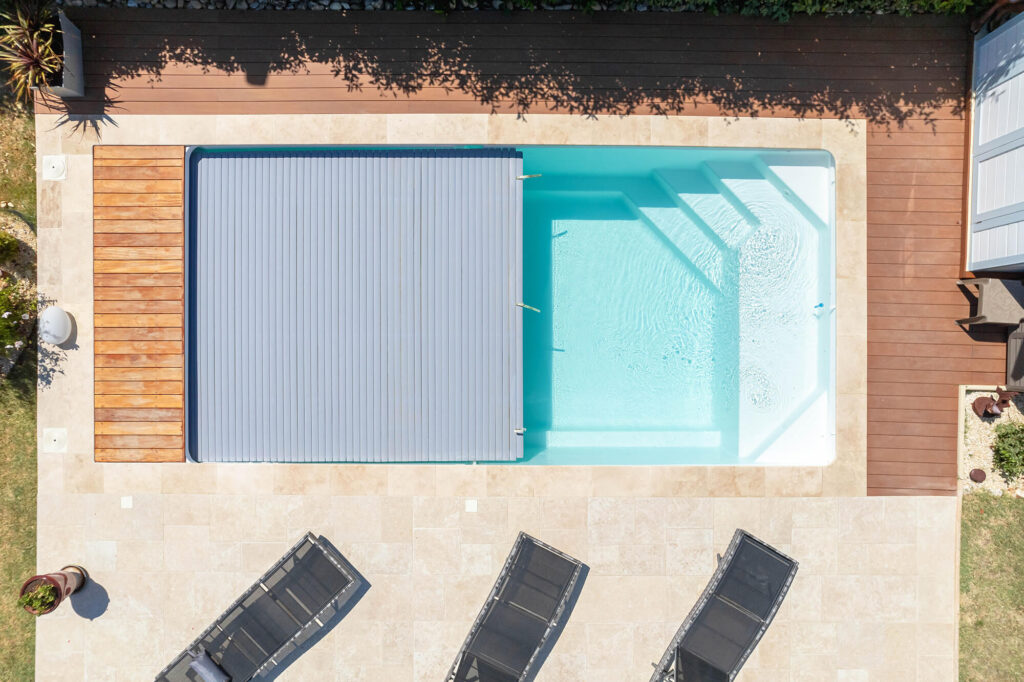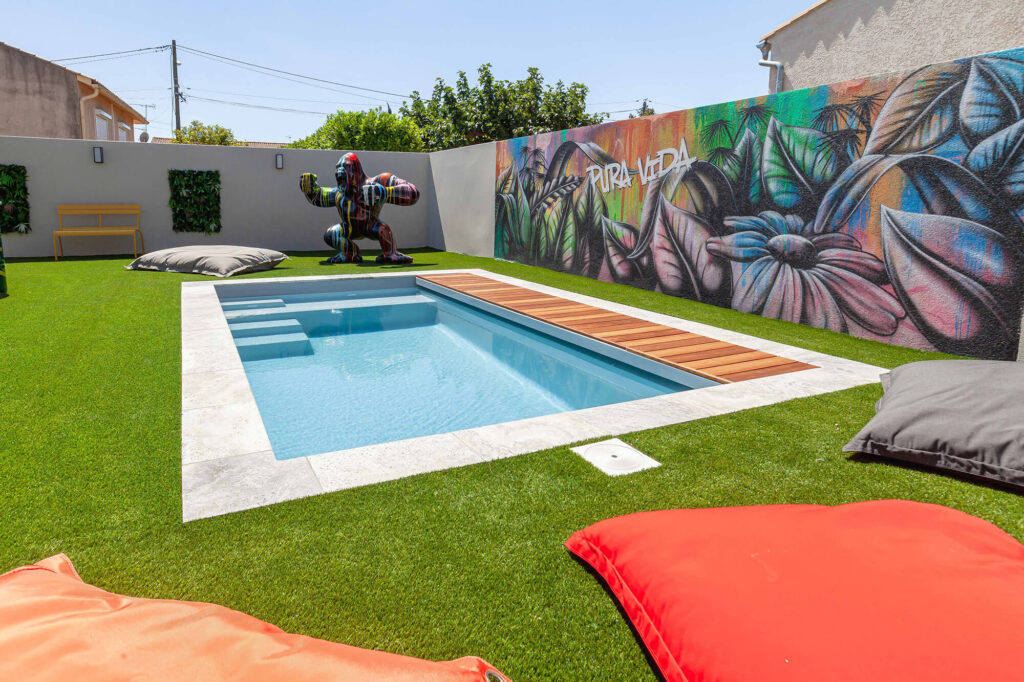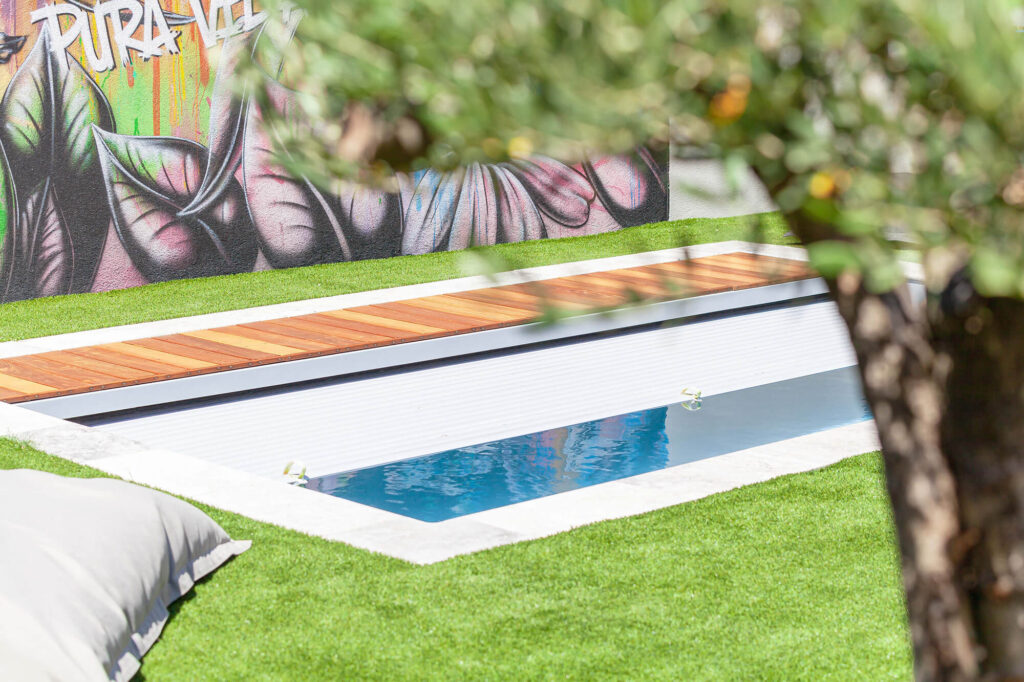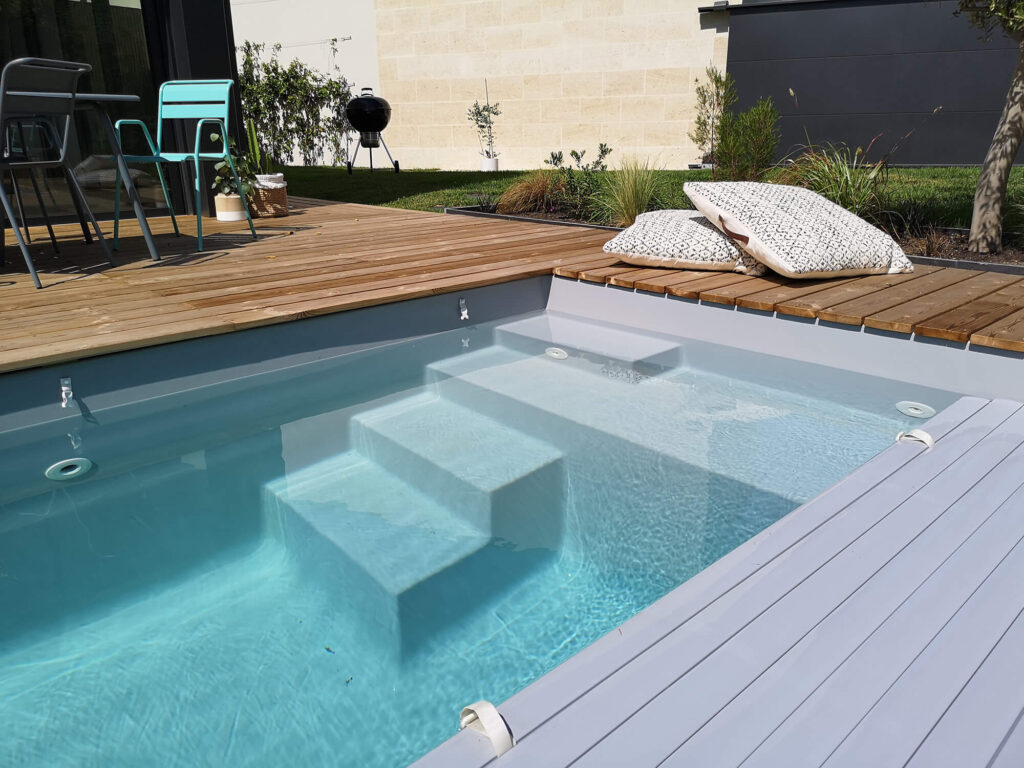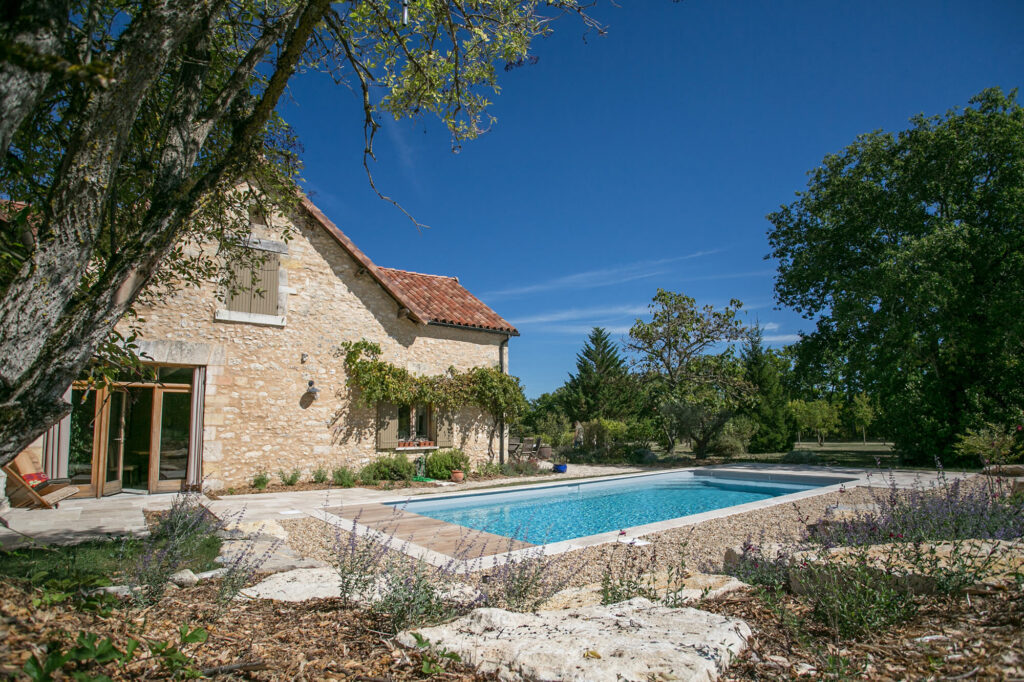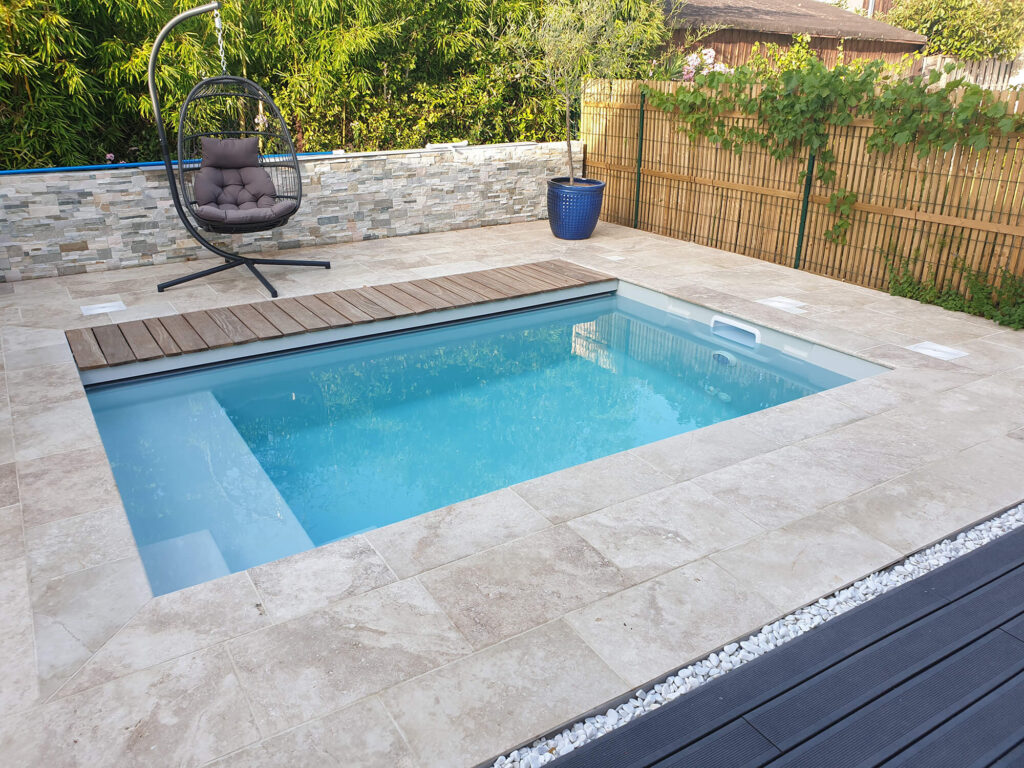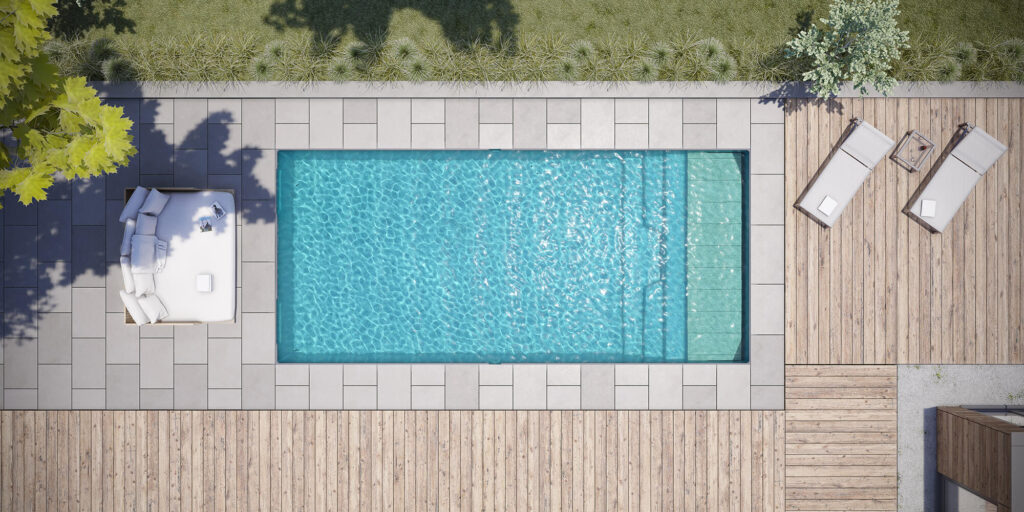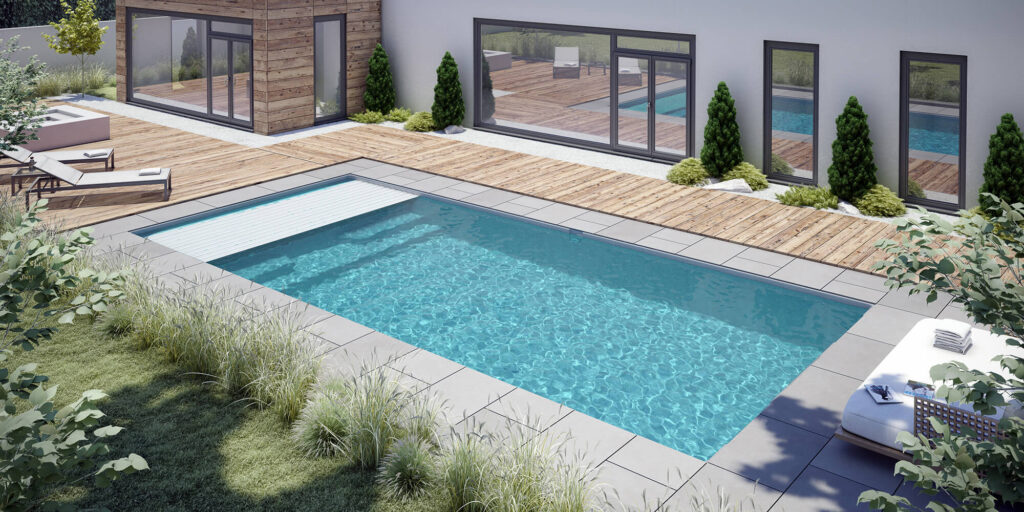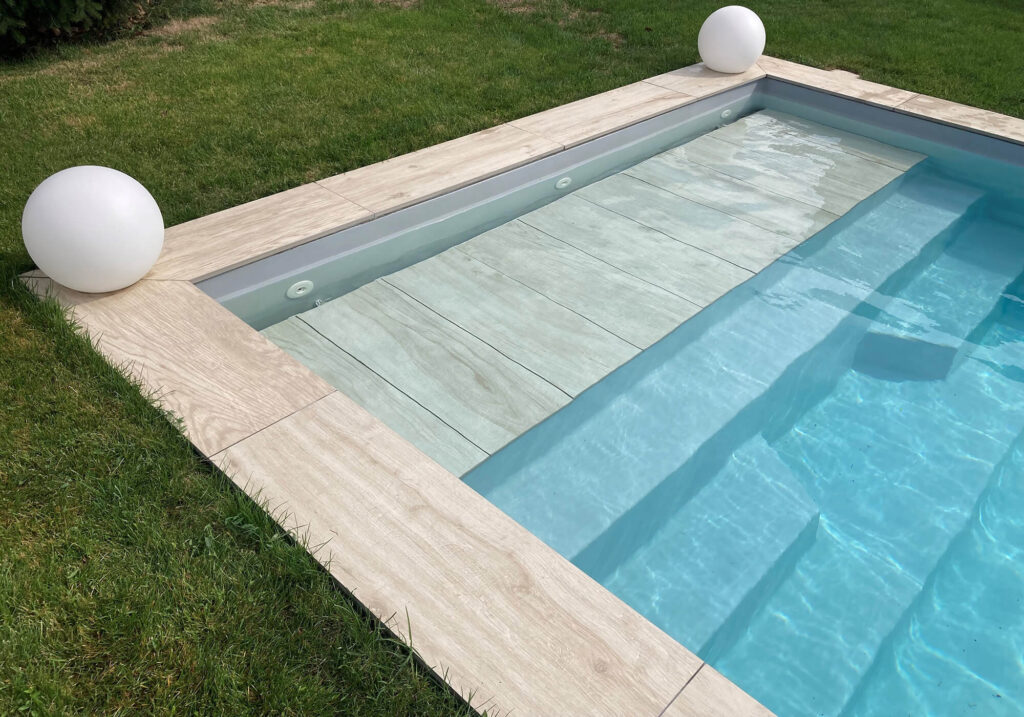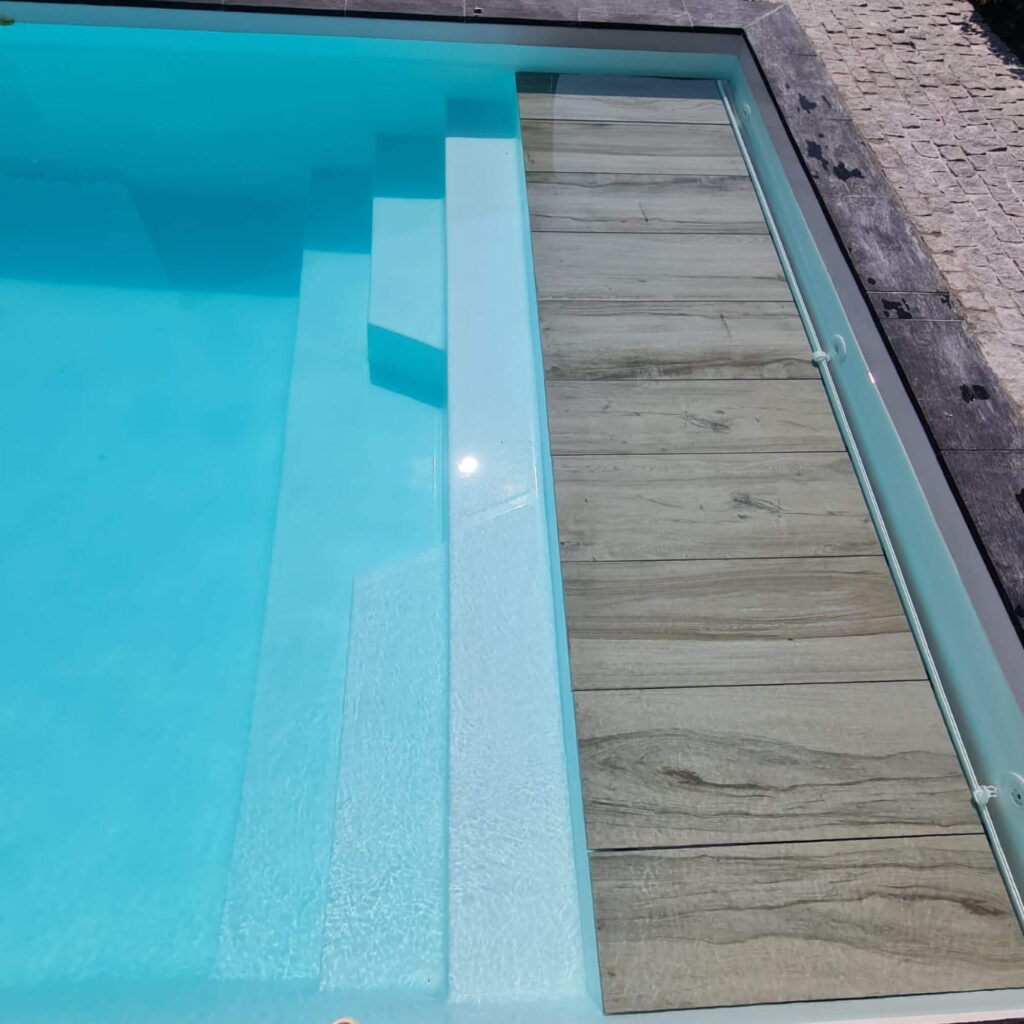Spending time in your pool with family or friends is synonymous with moments of relaxation, pleasure and sharing. Unfortunately, the swimming season is often accompanied by risks of accidents and drowning . A risk that must be avoided as much as possible.
Fortunately, there are security systems ( pool shelter , barrier , automatic cover , etc.) designed to protect your pool . But if the purchase, installation and maintenance of a swimming pool already represent a certain financial investment, adding a security device has a certain price and can lead to additional expenses…
In the following lines, we invite you to discover how to secure a swimming pool with one of the most effective security devices , which takes into account your budget.
Why secure your swimming pool?
What the law says
This summer, in 2023, France unfortunately recorded 598 cases of drowning . An alarming figure, which most often affects young children.
Faced with this reality, protecting your pool seems like an obvious measure. And for good reason, in addition to the concern of protecting your loved ones, installing a security system has become a legal obligation.
Indeed, to combat the risk of drowning, laws have been put in place, including the “pool safety” law of 2006 , which requires owners of private swimming pools, whether buried or semi-buried, to secure their pool . This legislation has proven its effectiveness, because since its creation, the number of drownings has decreased despite the increase in the number of private swimming pools.
While this law does not apply to owners of above-ground pools , this does not mean that they should neglect safety. It is strongly recommended to secure your pool , whatever it may be, to prevent the risk of drowning accidents.
There are many security systems available on the market for homeowners to choose from, allowing them to choose the one that best suits their needs.
The different devices for securing your swimming pool
There are various devices that can be used to ensure the safety of your swimming pool . Devices that are more or less bulky, more or less expensive and more or less effective.
A choice that may therefore be more or less obvious depending on your specific needs.
Among the various security devices available today, we find the following:
– Swimming pool shelters ;
– The safety cover (with the pool shutter or the pool bar cover );
– The pool fence or barrier ;
- L'pool alarm (submerged or perimeter)
Each of these devices has its own advantages and disadvantages. Some, in addition to ensuring safety, can extend the swimming season by reducing maintenance efforts and impacting the water temperature ; this is the case with the pool shelter for example. Others, on the other hand, are more discreet and do not alter the aesthetics of your garden, as is the case with the pool cover ( pool shutter or slatted tarpaulin ).
As you will have understood, the choice will depend on several criteria, such as the size and layout of your pool , the profile of the pool users (children, older children or adults) but also your budget.
The pool alarm, the most economical device for securing your pool
One alarm, two possibilities
The pool alarm is undoubtedly the most economical option. Compliant with the NF P90-307 standard , the pool alarm is particularly well suited to tight budgets. It includes a set of sensors that monitor the pool , triggering an audible noise as soon as an intrusion is detected.
Currently, there are two types of alarms on the market: submerged alarms and perimeter (or peripheral) alarms.
It is important to choose your alarm carefully, depending on your pool and your needs:
- The submerged pool alarm uses one or more sensors to detect movement in the water. The advantage of this device is that it remains invisible from the outside and does not alter the appearance of your pool or garden. It's also the least expensive of all approved safety devices.
– The peripheral alarm , unlike the submerged alarm , can detect movements upstream, thanks to terminals placed around the pool. This makes it a more preventive option, since it alerts you in the event of movement around the pool , according to a more or less large perimeter previously defined.
How to choose the right pool alarm?
Once you have shortlisted the model you want, you need to make sure that it complies with current standards. In theory, non-approved alarms should not be marketed, but it is important to check that the chosen model is indeed approved and complies with current standards.
To comply with the regulations, several points deserve your attention:
– The sound power of the pool alarm must be at least 100 decibels at a distance of 1 meter;
– It must mention the NF P90-307 standard ;
– It must be equipped with an automatic reactivation system;
– It must be compatible with the type of pool you have;
– It is recommended to choose a reference brand, recognized for its reliability in terms of alarms.
Unlike bar covers or other types of covers , the pool alarm is very simple and quick to set up. Protecting your pool is done in no time, simply by programming the alarm according to your criteria and placing it in the water, if it is a submerged alarm .
It is best to choose a quality, reliable and durable product that can withstand the vagaries of the weather. However, it is important to check your device at the beginning of each swimming season to ensure that it is working properly. All this in order to avoid drowning accidents .
Beyond the safety devices , it is important to remember that none of this equipment exempts people around the pool from remaining vigilant . Supervision is essential, especially when children are present around the pool!
Configure your pool online Back to all news